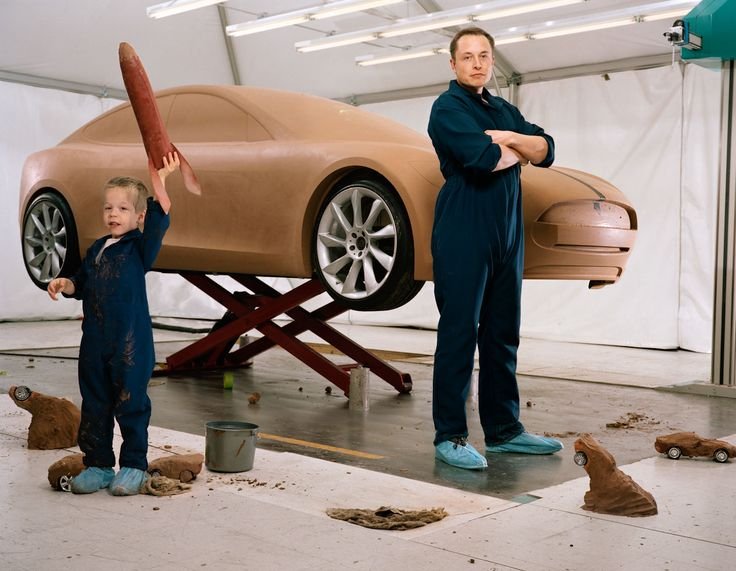
In an era where artificial intelligence and technological advancement are reshaping every corner of society, Elon Musk continues to redefine the boundaries of human ambition. But this time, the focus isn’t on Mars, electric vehicles, or satellites—it’s on something far more organic and intimate: children. Musk has been open about his belief that intelligence is humanity’s greatest asset and that the future of civilization may depend on an elite generation of high-IQ children. This audacious idea is raising eyebrows, sparking ethical debates, and prompting society to confront uncomfortable questions about genetics, legacy, and the very essence of human evolution.
**Elon Musk’s Obsession with Intelligence**
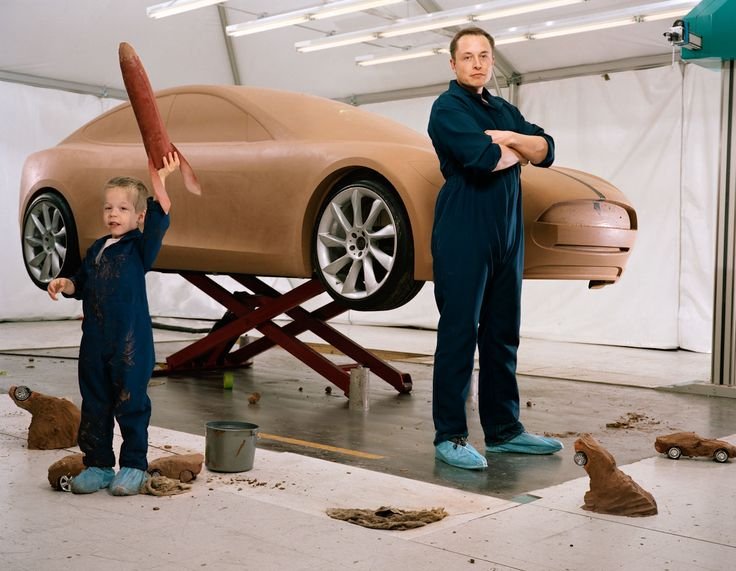
Elon Musk has long emphasized intelligence as the critical factor in solving the world’s most pressing problems. Whether it’s climate change, overpopulation, or existential threats from AI, Musk believes that human brilliance is the only path forward. His track record supports this conviction: from founding PayPal to revolutionizing space travel with SpaceX, Musk surrounds himself with minds that think faster and deeper than the average person.
But more recently, Musk has made statements that shift the focus from the brilliant adults of today to the genius children of tomorrow. In interviews and on social media, he’s expressed concern about global population decline—not just in numbers, but in the quality of minds being born. Musk isn’t just worried about fewer people; he’s worried about fewer smart people. And now, he seems determined to change that.
**Sowing a Generation of Geniuses**
Elon Musk’s idea isn’t just philosophical—it’s deeply personal. The billionaire entrepreneur is already the father of more than 10 children, many of whom were conceived with the goal of producing intelligent offspring. In 2022, reports emerged that Musk had fathered twins with a Neuralink executive, Shivon Zilis, who holds degrees from Yale and has worked on some of Musk’s most visionary projects.
To Musk, procreation is not merely a private affair. He views it as a responsibility—perhaps even a duty—for intelligent people to pass on their genes. He has said explicitly that smart individuals should have more children, and that society’s future depends on it. This belief puts him at odds with current cultural norms, which often associate large families with lower socioeconomic status and see parenthood as a lifestyle choice rather than a civic mission.
**The Eugenics Question**
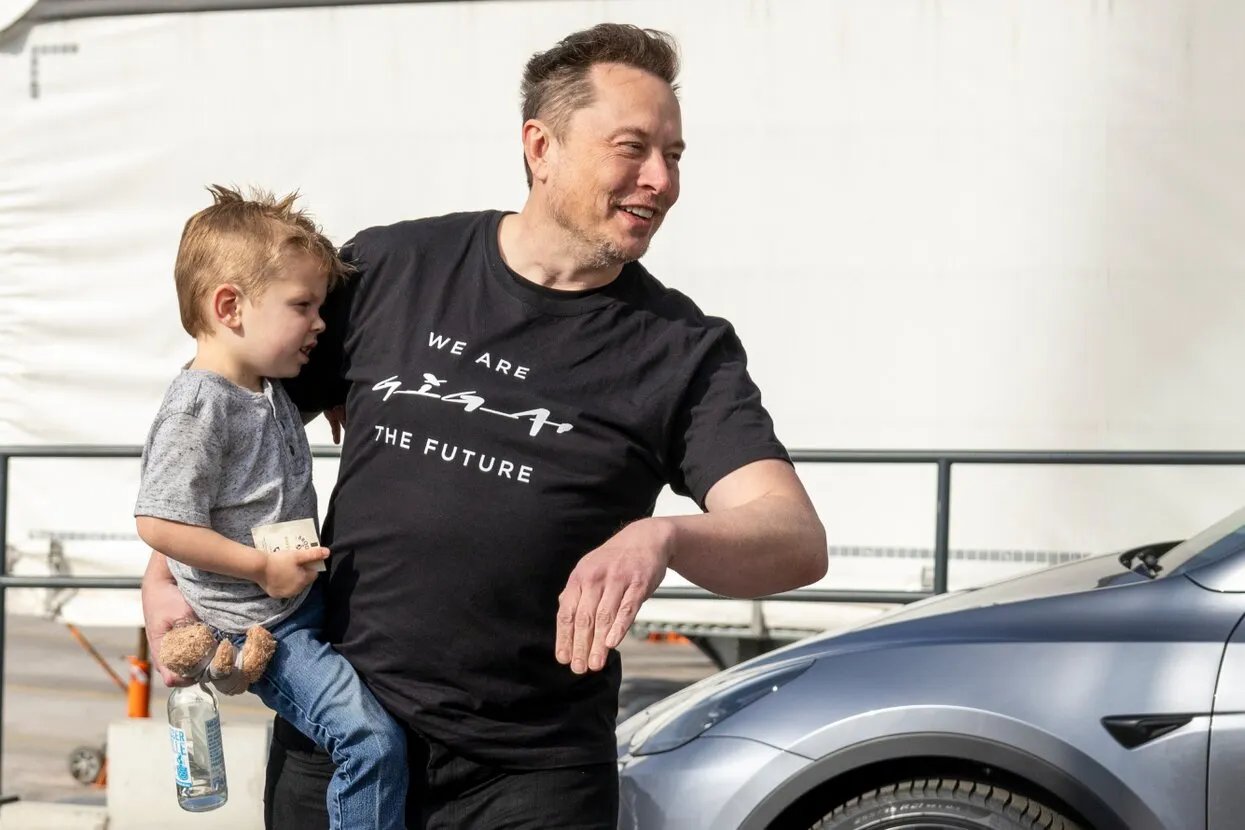
While Musk hasn’t used the term “eugenics,” his rhetoric undeniably brushes against it. Eugenics, the controversial belief in improving the human gene pool through selective breeding, has a dark and painful history. Musk’s vision—encouraging high-IQ individuals to reproduce more—is a modern iteration of this idea, albeit with a techno-utopian twist.
Critics warn that any ideology promoting genetic “superiority” can lead to dangerous outcomes, including discrimination, inequality, and ethical violations. Even if Musk’s intentions are benevolent, the idea of a “smart” elite reproducing more than others feels unsettlingly close to historical attempts to engineer society. The specter of eugenics looms large, and Musk’s detractors argue that intelligence is too complex, too multifaceted, and too culturally biased to serve as a benchmark for human value.
**Genetics vs. Environment: Can Genius Be Engineered?**
One of the biggest questions surrounding Musk’s vision is whether intelligence can truly be passed down. While genes certainly play a role in cognitive ability, most scientists agree that environment, education, and opportunity are equally critical. The “nature vs. nurture” debate remains unresolved, and even children born to genius parents may not inherit the same intellectual gifts.
Furthermore, there’s no reliable way to guarantee a high-IQ child, even with selective breeding. Human intelligence is influenced by thousands of genetic variants, and the science of genetic prediction is still in its infancy. If Musk is hoping to create a generation of Einsteins through procreation, he may be betting on uncertain odds.
**Neuralink and the Future of Enhanced Intelligence**
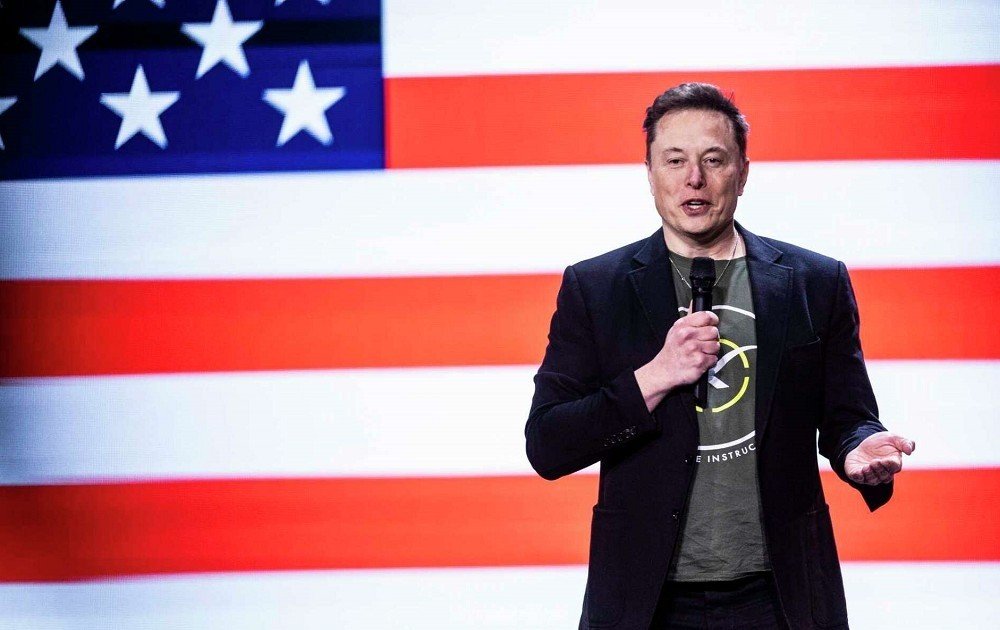
Musk’s ambitions aren’t limited to biology. Through Neuralink—a company developing brain-machine interfaces—he hopes to enhance human intelligence directly. In Musk’s future, it might not matter who your parents are, because technology will level the playing field.
Neuralink’s vision is to connect the human brain with computers, allowing people to upload and download information at lightning speed. If successful, this technology could theoretically augment human intelligence far beyond natural limitations. For Musk, the combination of smart genes and smart tech may be the ultimate formula for an advanced human civilization.
**Reproductive Legacy as a Form of Immortality**
Elon Musk is not the first powerful man in history to view his children as a form of legacy. From emperors to industrialists, the idea of passing on one’s intellect, values, and ambition through bloodlines has long fascinated humanity. What makes Musk different is his fusion of this age-old desire with futuristic science and global influence.
To Musk, fathering intelligent children may be the most meaningful contribution he can make to humanity’s long-term survival. He’s said before that he doesn’t care much for personal wealth, but rather for humanity’s progress. His children, then, aren’t just heirs to an empire—they’re potential architects of the future.
**Public Reaction and Ethical Backlash**
Unsurprisingly, public reaction to Musk’s statements has been polarizing. Some praise his candidness and see him as a visionary trying to solve the world’s problems in unconventional ways. Others accuse him of arrogance, elitism, and playing God with human life.
Bioethicists warn against turning human reproduction into a high-IQ arms race. Social critics argue that Musk’s worldview devalues the lives of ordinary people and perpetuates harmful stereotypes about intelligence and worth. Feminist voices also point out the power imbalance in Musk’s procreative choices, particularly when involving women who are professionally connected to him.
**What Does This Mean for the Future of Parenthood?**
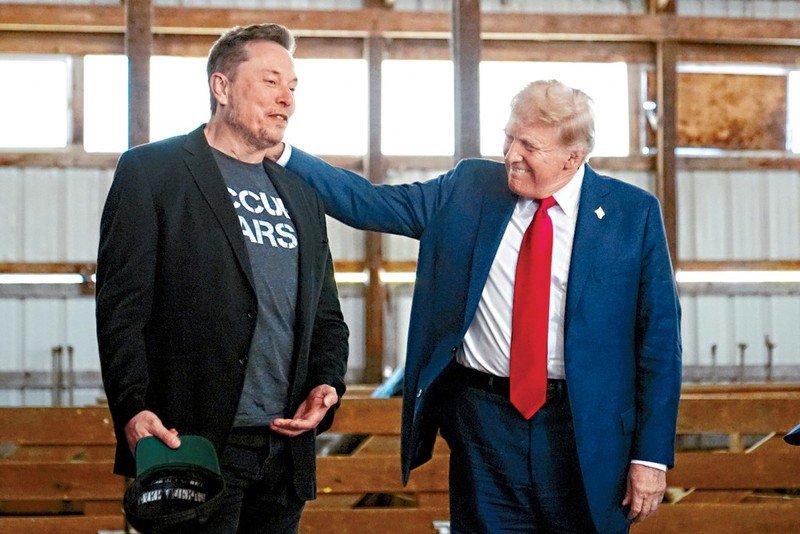
Musk’s ideas challenge society’s understanding of parenting, love, and the meaning of life. In a world where birth rates are declining, and people are questioning the viability of having children in a turbulent world, Musk offers a contrarian perspective: not only should we have more children, but we should aim to make them as intelligent as possible.
If others follow Musk’s lead, the future could see a new kind of parenthood—one driven less by emotion and more by ambition. Prospective parents might start thinking in terms of gene profiles, academic pedigrees, and cognitive potential. The implications are profound—and potentially dystopian.
**The Societal Divide: Elitism vs. Equality**
At its core, Musk’s vision raises an uncomfortable truth: intelligence, opportunity, and privilege are not equally distributed. By encouraging only the “smart” to reproduce, Musk’s philosophy risks reinforcing class divides and intellectual elitism. In a world already plagued by inequality, this mindset could deepen the gap between the privileged few and the struggling many.
Yet, Musk would likely argue that the alternative—declining global IQ and a society unable to solve its own problems—is even worse. In his mind, humanity’s survival may hinge on a few bright minds, and time is running out.
**Conclusion: Visionary or Dangerous Dreamer?**
Elon Musk’s desire to sow an “army” of high-IQ children is as fascinating as it is controversial. It touches on profound questions about genetics, ethics, legacy, and the future of civilization. Whether one sees him as a visionary or a dangerous dreamer, there’s no denying that Musk has once again forced the world to confront difficult questions—this time, about who we are, and who we might become.
In the end, Musk may be remembered not just for his rockets, cars, or neural interfaces, but for his attempt to shape the next generation of humanity—not through machines, but through minds. Whether that legacy proves fruitful or fraught remains to be seen.